10 fascinating things about Iceland that will make you want to live there
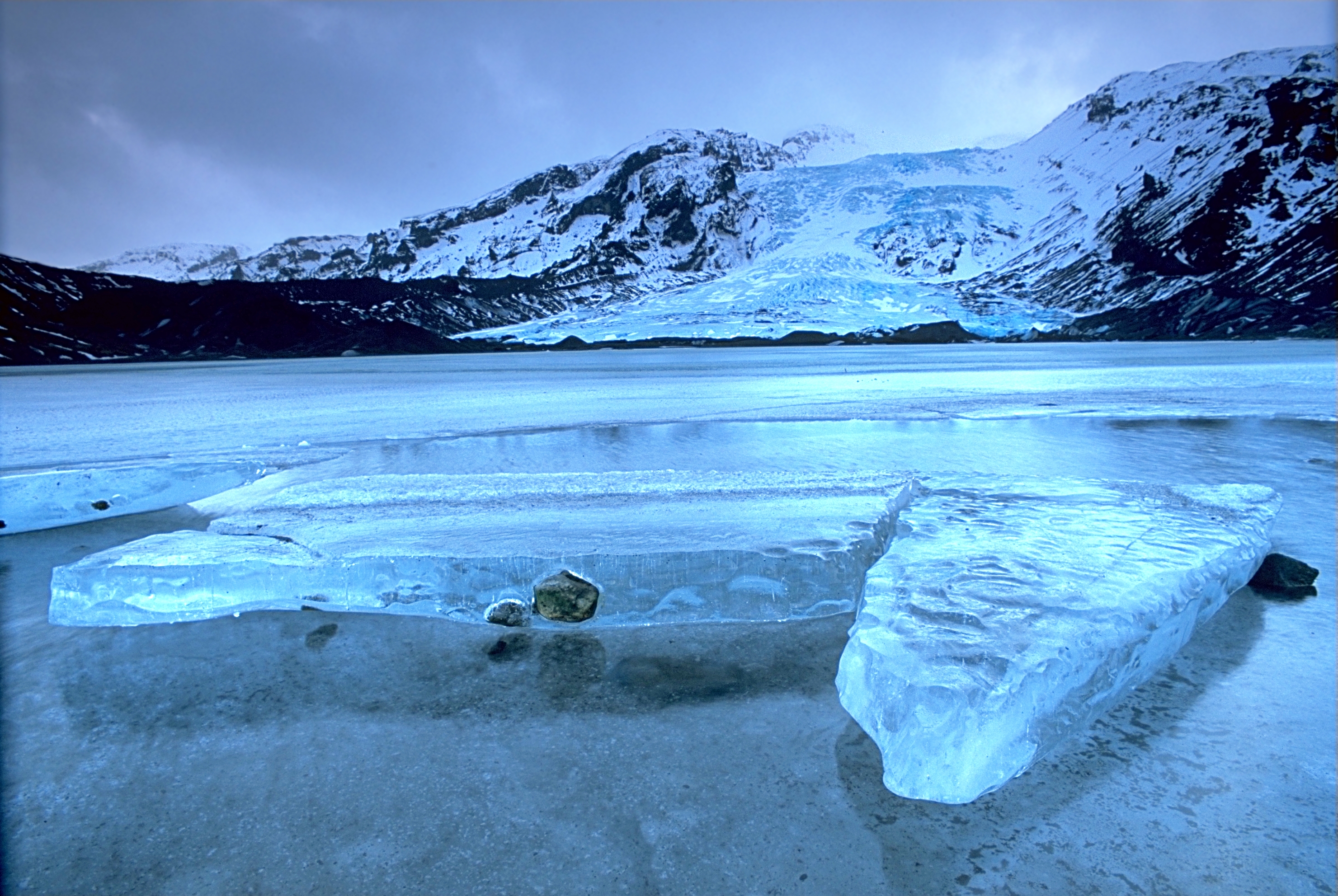
There is probably no other country in the world more fascinating and appealing than Iceland. She has everything she needs and is the perfect tourist destination. It has scenic landscapes, clean electricity, moderate climate, rich culture and literature, magnificent volcanoes, glaciers, snow-capped mountains, boreal aura, and much more.
Despite being a small country with a very low population, Iceland ranks among the best countries in the world. Therefore, here are some fabulous things about Iceland, about which you probably have not heard before.
Therefore…
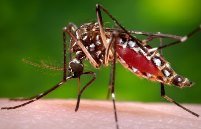
1. Iceland is the only country in the world without mosquitoes.
Although mosquitoes are known to reproduce in many places in the world with different climatic conditions, including in Antarctica and Greenland, they are absent from Iceland. Or, if found, they are extremely rare.
According to scientists, the Icelandic climate makes them stay away from this country. Unlike other cold climates, where larva hibernates in winter and hatch when the ice melts in spring, the Icelandic climate is changing rapidly and unexpectedly. It's a sudden rise in temperature in the middle of winter and then a sudden drop in temperature, all disturbing the life cycle of mosquitoes, which would make it impossible for them to multiply.

2. 100% of Iceland's population has access to the Internet.
From a rate of 99.8 percent in 2015, Iceland has reached 100 percent of the population that has access to the Internet, according to data collected by the International Telecommunication Union (ITU), the World Bank and the United Nations Population Division. Data refers to users who can access the Internet at home, on any device, and for any type of connection.
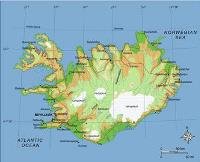
3.Population of Iceland.
At 103,000 sq. Km., Iceland is about the same size as England. However, its population is only 332,529 inhabitants, and 60% of this population lives in the capital of Reykjavik.
The population of Iceland has faced a lot of calamities, such as cold winters, volcanic eruptions, plague epidemics and famine. All these tragedies have severely affected Iceland's population. By the middle of the 19th century, the population of Iceland ranged from 40,000 to 60,000 and reached only 320,000 in 2008.
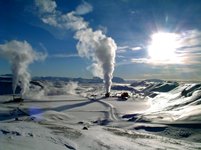
4. The country's electricity is obtained from renewable energy sources, such as hydro and geothermal energy.
Due to its unique geology, being above the Atlantic Dorsal, and the presence of a large number of volcanoes and geysers, Iceland has become the world's most important green, non-polluting country.
There are over 200 volcanoes and 600 thermal springs in Iceland, where the temperature reaches even 250 degrees Celsius. Due to this feature, geothermal springs are exploited as geothermal energy. There are also many glacial and cascade rivers in Iceland, where hydroelectric power is redeemed.

5. Iceland has the most books written, published and sold per capita than any other country in the world.
On average, an Icelandic reads 4 books a year, while an Icelandic of ten publishes something in his life. Iceland has a rich literature, and the vast majority of the population "compels" in literature. Why? Perhaps because of long winters and long distances to social places.
The Icelandic people also have an impressive amount of pre-Christian literature, legends, folklore and myths remaining an important part of Icelandic culture and identity.
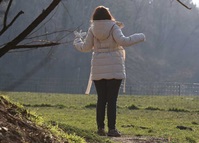
6. Even if it is located in the north, close to the Polar Circle, the Icelandic climate is really gentle.
Despite being in the northern part of the Earth, the Icelandic climate is remarkably gentle. In fact, it's even more cold in New York than in Reykjavik. Iceland is on the way to North Atlantic Current, which means that the climate is more temperate than we could expect in a place that is so close to the Polar Circle. Also, Irminger current keeps the temperature of the island moderate.
The winters in Iceland reach an average temperature of 00 ° C, while the summers reach an average of 10-13 ° C in the south of the island. The lowest recorded temperature was -39.7 ° C, while the highest recorded reached 30.5 ° C.

7. The Icelandic Parliament is the oldest active parliament in the world since 930.
Althing (meaning "All Assembly") is the Icelandic National Parliament and was the first to be formed around the world around 930, about 60 years after the first establishment of a locality on the island.
During the 13th century and until the middle of the 19th century, this form of administration was replaced by a joint legislative power with the Norwegian king, reaching an absolute monarchy, in which Althing served only as a court of law.
In July 1843, Althing was recreated, the election took place a year later (1844), and a new Parliament was established in 1845. Iceland is therefore considered to be "the oldest parliamentary democracy in the world."
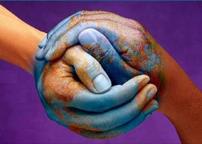
8. Iceland has no army and is the most pacifist country in the world.
According to the Global Peace Index Report of 2016, Iceland is the most peaceful country in the world, followed by Denmark and Austria. Iceland does not even have a permanent army. It has only a Coast Guard, which also maintains Iceland's Air Defense System and a unit to support peacekeeping missions in the world.
Iceland is listed in the Book of Records as the country with the lowest military expenditure per capita. Since becoming an independent republic in 1944, only one person was killed by the police in Iceland.

9. Icelanders do not have surnames.
Icelanders use the traditional Nordic name system, which includes a surname, which consists of the surname of the father or mother, plus -dóttir (-fiice) or -son (-their).
If you look at a directory in Iceland, you will find names sorted by first name, rather than by name. There is also a Committee of Names in Iceland, which keeps a list of officially approved names that parents can give their children.
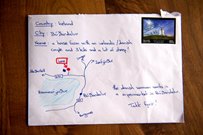
10. In Iceland you do not have to write the address to send a letter.
According to a story posted on Reddit, a tourist in Reykjavik sent an envelope by mail to a farm in Hvammsveit, West Iceland, with a hand drawn map instead of an address.
The address included only the name of the village and the country, as well as the words "a horse farm with an Icelandic / Danish couple and three children and a lot of sheep," and the top "Danish woman who works in a supermarket in Búðardalur ". The letter arrived successfully at the farm.
https://www.youtube.com/paulbegley34
What a beautiful post! I've always dreamed of kayaking in Iceland. Thanks for sharing.